The UAB Employee Assistance & Counseling Center provides quick access to community and online resources that may help employees address the issues they are facing in their search for successful work/life integration. Explore the collection of resources for parents below.

Pathways.org
Provides free tools to maximize all children's motor, sensory and communication development, and to empower parents to understand and encourage their baby’s development to keep them on track.
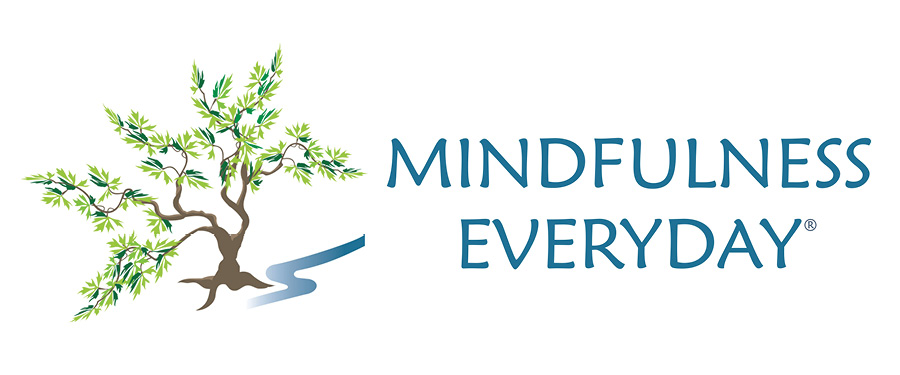
Mindfulness Everyday
This website is dedicated to showing families that mindfulness can be fun! Here you will find inclusive ways to bring mindfulness practice to your family life. Includes all-ages mindfulness practices you can adapt and make your own, in a way that suits your family.
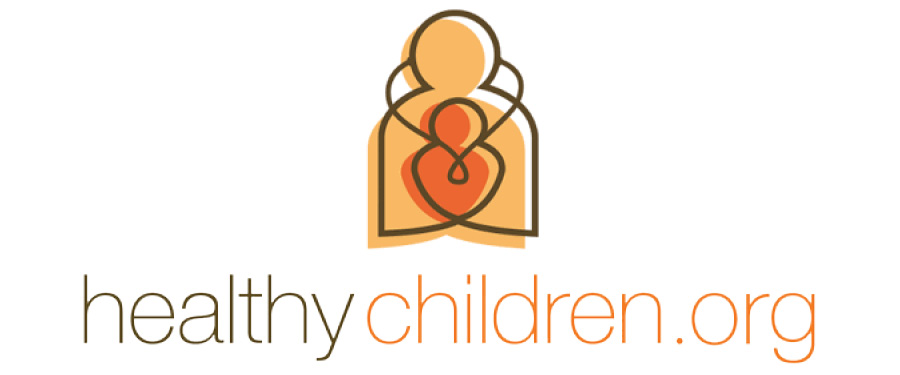
Healthy Children
Parenting website backed by the American Academy of Pediatrics committed to the attainment of optimal physical, mental, and social health and well-being for infants to young adults. See Healthy Children articles on a variety of topics below.
 How to Talk with Your Child About War
How to Talk with Your Child About War
War is distressing to all of us. Here are some suggestions to help you support your child in a constructive and helpful way. Children and teens may wonder what has happened and what may happen next. Like adults, they are better able to cope with upsetting news and images when they understand more about the situation. Additionally, there are resources out there to assist parents in teaching children How to Help Children Build Resilience in Uncertain Times
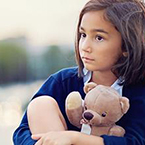 Childhood Grief
Childhood Grief
A large majority of children experience the death of a close family member or friend at some point during their childhood. Before the COVID-19 pandemic, an estimated 1 in 20 children grieved the death of a parent by the age of 16. Grief looks different for everyone, children included. This informational guide provides information on death and dying, grief, and tips for Talking about Attending Funerals or Memorial Services.
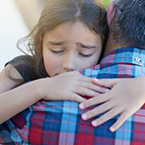 Stress In Childhood
Stress In Childhood
Our body has stress systems to protect us so that when faced with a scary situation, we are ready to run and hide. This "fight or flight" response can be triggered whenever a child is scared of any number of things such as dogs, the dark, or spiders. This same system can also be turned on when a child experiences any adverse experience. Examples of adverse experiences that are common are Divorce, Deployment of a Parent, Having a Parent in Jail or Prison, or experiences of social inequities such as living in poverty, being the target of racism, or rejection because of sexual orientation or gender identity. Some adverse experiences can be more impactful than others and parents can learn skills for teaching their child to overcome these experiences of Childhood Trauma.
 Positive Life Experiences for Toddlers & Preschool-Age Children
Positive Life Experiences for Toddlers & Preschool-Age Children
Being a toddler involves a lot of falling, giggling, and crying. As toddlers grow and explore the world, parents can create positive experiences for them that will last a lifetime. This sense of love and security helps build a strong foundational relationship. It also helps fuel huge emotional growth that goes with your child's physical growth. Additionally, families can create positive experiences that support a child's curiosity as they learn and grow into school-aged kids. During this time, parents set children on course to be able to meet life's challenges and problems. Positive Life Experiences for School-aged Children can be pivotal for a child to develop resilience and conflict resolution skills.
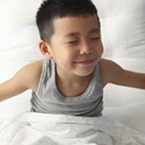 Sleep and Bedtime
Sleep and Bedtime
The reality of habits is that (a) they can be hard to break and (b) they are not always bad. Take away one habit and you often need to find something to take its place. Establishing a Bedtime Routine for School-Aged Children can make things easier over time. While it's true that sleep needs vary from one person to another, there are some very reasonable, science-based guidelines to help you determine whether your child is getting the sleep he or she needs to grow, learn, and play.
 Sleep Troubles
Sleep Troubles
Trouble falling and staying asleep affects 15% to 25% of children and adolescents. Some children experience Sleep Problems After Separation or Divorce or struggle to sleep due to Separation Anxiety when one or both parents/caregivers are away from the child. Utilizing these Sleep Tips and Sleep Hygiene techniques can help to lessen or eliminate sleep problems in school-aged and teen aged children. Many parents find their toddler's bedtime to be the hardest part of the day. Use these Tips for Parents of toddlers who are having bedtime troubles.
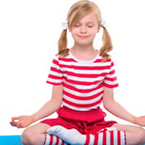 Meditation for Kids
Meditation for Kids
This guide for children’s Meditation assists parents in finding ways to let their children take time out each day to be "unplugged." Meditation offers this break and helps kids function more effectively and clearly.
 Helping Children Handle Stress
Helping Children Handle Stress
Informational guide on stressors faced by children, good and bad stressors, benefits of some stressors, and ways to build resilience in your child.
 Helping Your Child Cope with Conflict and Anger
Helping Your Child Cope with Conflict and Anger
Resource for guiding children through feelings of anger and managing conflicts. Assists parents in normalizing the emotion of anger and helps parents teach children appropriate ways to express anger in social settings with peers and in the home.
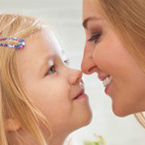 Family Dynamics Guide
Family Dynamics Guide
Families are much more than groups of individuals. They have their own goals and aspirations. These guides help you create a family dynamic where every child and adult feels that he or she is special and is encouraged to pursue his or her own dreams.
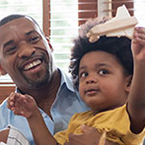 The Power of Play
The Power of Play
Beyond the fun and games, play is essential to your child’s health and development. Play helps build important social-emotional, cognitive, language and self-regulation skills. When you play with your child, you also help create the safe, stable, and nurturing relationships they need to thrive. Find information here to help make play a central, skill-building part of your child’s life.
 Supporting Your Child with ADHD
Supporting Your Child with ADHD
Almost all children have times when their attention or behavior veers out of control. However, for some children, these types of behaviors are more than an occasional problem. Children with attention-deficit/hyperactivity disorder (ADHD) have behavior problems that are so frequent and severe that they interfere with their ability to function adequately on a daily basis. This tool provides parents with knowledge and techniques to be supportive of a child with and ADHD diagnosis.
Caregivers Toolkit | Parenting Toolkit | Parenting Teens Toolkit

